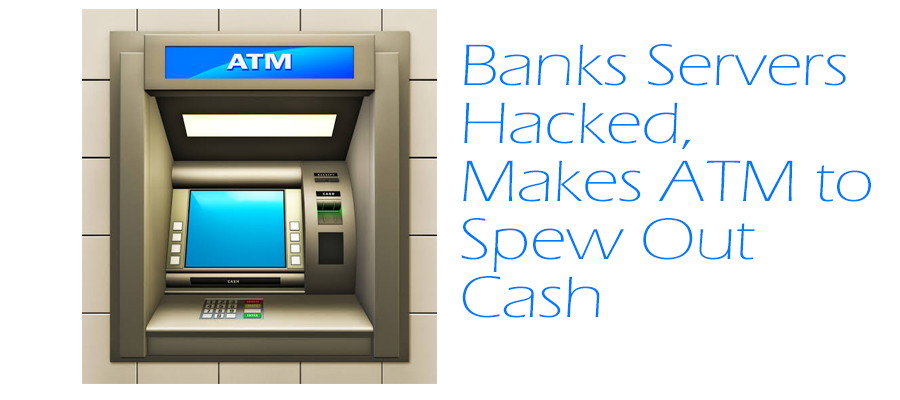Sometimes ago I wrote about how to stay safe on the web while using internet service. However, most people – if not everyone – desire to browse the web securely and privately – staying anonymous But the hard truth is it is almost impossible.
There is a long list of people, agencies and services that easily gain access to your internet usage without your consent, among them are your internet provider that knows which sites you visit, also your government — and other governments! And when it’s not them, it’s social media sites, ad networks or apps tracking you across the web to serve you specific and targeted ads.
What They Have Access To
It’s hard to fathom the extent of information that is being collected but it is sure that your web browsing history which can be highly personal, is a favorite for ads networks. Your browsing history can reveal your health concerns, your political beliefs and your general internet habits — you name it.
Any time you visit a website, you leave a trail of data behind you – one of the powers of Cookies. Sadly, you can’t stop it all, it’s just how the internet works. But there are plenty of things that you can do to reduce your footprint.
Here are a few tips to cover most of your bases.
Use A VPN to Hide Your Identity

A VPN (Virtual Private Network) can help hide your identity but doesn’t make you anonymous
A VPN lets you create a dedicated tunnel (Something like a line of connection) that all of your internet traffic flows through — usually a VPN server — allowing you to hide your internet traffic from your internet provider. That’s good if you’re in a country where censorship or surveillance is frequent or trying to avoid location-based blocking. However, when it comes to anonymity, you’ve only given your identity or internet traffic to the VPN provider instead. Essentially, you have to choose who you trust more: your VPN provider or your internet provider. The problem is, most free VPN providers make their money by selling your data or serving you ads — and some are just downright shady. Even if you use a premium VPN provider for privacy, they can connect your payment information to your internet traffic, and many VPN providers don’t even bother to encrypt your data.
As TechCrunch’s Romain Dillet explains, the best VPN providers are the ones that you control yourself. You can create your own Algo VPN server in just a few minutes. Algo is created by Trail of Bits, a highly trusted and respected security company in New York. The source code is available on GitHub, making it far more difficult to covertly insert backdoors into the code.
With your own Algo VPN setup, you control the connection, the server, and your data.
HTTPS is Good For You

HTTPS secures your connection from your phone or your computer all the way to the site you’re visiting. This means you have a secure line of connection between you and the site. Most major websites are HTTPS-enabled and appear as such with a green padlock in the address bar. HTTPS makes it almost impossible for someone to spy on your internet traffic intercept and steal your data in transit.
Every time your browser lights up in green or flashes a padlock, HTTPS encrypts the connection between your computer and the website. Even when you’re on a public Wi-Fi network, an HTTPS-enabled website will protect you from snoopers on the same network.
While some websites are HTTPS ready, they don’t have it enabled by default. That means you’re loading an unencrypted HTTP page when you could be accessing a fully HTTPS page. That’s where one browser extension, HTTPS Everywhere, comes into play. This extension automatically forces websites to load HTTPS by default. It’s a lightweight, handy tool that you’ll forget is even there.

At the back-end of the internet, DNS — or Domain Name System — converts web addresses you entered into computer-readable IP addresses. Most devices automatically use the resolver that’s set by the network you’re connected to — usually your internet provider. That means your internet provider knows what websites you’re visiting. And sadly, your internet provider can sell your browsing history to advertisers.
You need a secure and private DNS provider. Many use publicly available services — like OpenDNS or Google’s Public DNS. They’re easy to set up — usually on your computer or device, or on your home router.
One recommended offering is Cloudflare’s secure DNS, which it calls 1.1.1.1. Cloudflare encrypts your traffic, won’t use your data to serve ads and doesn’t store your IP address for any longer than 24 hours. You can even download Cloudflare’s 1.1.1.1 app from Apple’s App Store and Google Play.
Review Your Web Plug-ins

Some once-popular web plug-ins have now been rendered obsolete as the internet is evolving with new technologies. Some of those plug-ins were known for their insecurity, bugs, and vulnerabilities, examples of these are Flash and Java.
If you don’t use them — and most people don’t anymore — you should remove them. Just having them installed can put you at risk of attack. It takes just a minute to uninstall Flash on Windows and Mac and to uninstall Java on Windows and Mac.
Most browsers — like Firefox and Chrome — let you run other add-ons or extensions to improve your web experience. Like apps on your phone, they often require certain access to your browser, your data or even your computer. Although browser extensions are usually vetted and checked to prevent malicious use, sometimes bad extensions slip through the net.
There’s no simple rule to what’s a good extension and what isn’t. Use your judgment. Make sure each extension you install doesn’t ask for more access than you think it needs. And make sure you uninstall or remove any extension that you no longer use.
Reconsider Your Search Engine

And you could also consider switching to more privacy-minded search engines, like DuckDuckGo, a popular search engine that promises to never store your personal information and doesn’t track you to serve ads.
For Anonymity-Use Tor

If you’re seriously concerned about your identity and want to remain anonymous on the internet, you’ll want Tor.
Tor, known as the anonymity network is a protocol that bounces your internet traffic through a series of random relay servers dotted across the world that scrambles your data and covers your tracks. You can configure it on most devices and routers. Most people who use Tor will simply use the Tor Browser, a preconfigured and locked-down version of Firefox that’s good to go from the start.
Tor makes it near-impossible for anyone to snoop on your web traffic, know which site you’re visiting, or that you are the person accessing the site. Activists and journalists often use Tor to circumvent censorship and surveillance.
However, be ready to trade off this advantage for speed, don’t expect Tor to be fast. It’s not good for streaming video or accessing bandwidth-hungry sites. For that, a VPN would probably be better.
Help others to use the internet safely, share this post using the social links below



